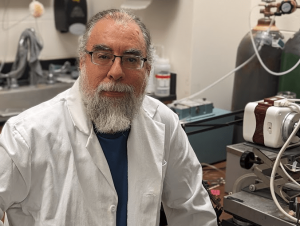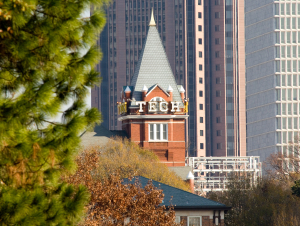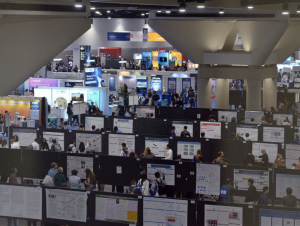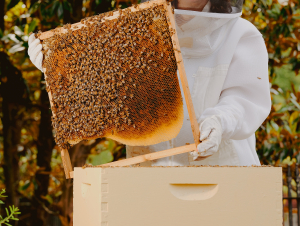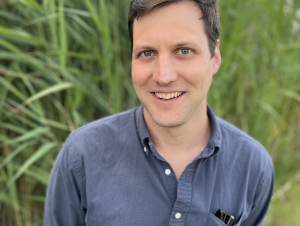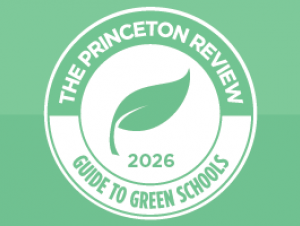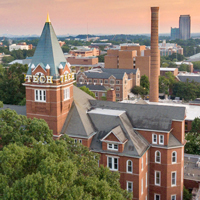Latest News
Physics Professor Flavio Fenton has been named a Bill Kent Family Foundation AI in Higher Education Faculty Fellow. The fellowship supports faculty projects that explore innovative, ethical, and impactful uses of AI in teaching and learning.
The AI4Science Center's seed grant aims to support the development of research projects centered on innovation and collaboration.
With more than 60 presentations and recognition for neuroscience outreach and AI research, Georgia Tech demonstrated its growing impact at the 2025 Society for Neuroscience’s annual meeting.
Marketer-turned-beekeeper Deb DeWitt serves as Georgia Tech's Beekeeper in Residence and receives the Georgia Beekeepers Association’s Beekeeper of the Year Award.
Karl Lang will investigate why some minerals survive radiation damage — a discovery that could transform how we recycle and sustain the critical resources powering modern technology.
Building on the recognition from last year, Georgia Tech again makes the cut.


